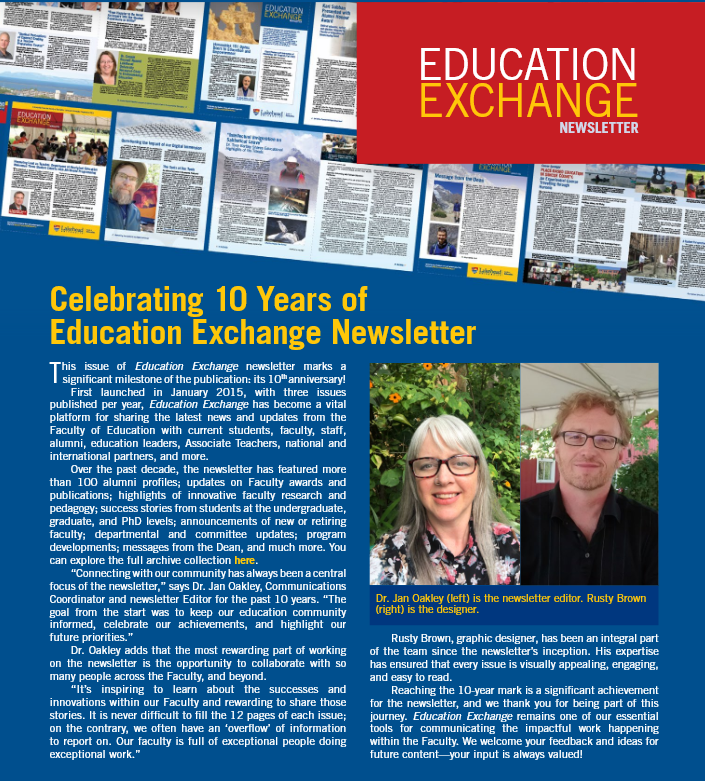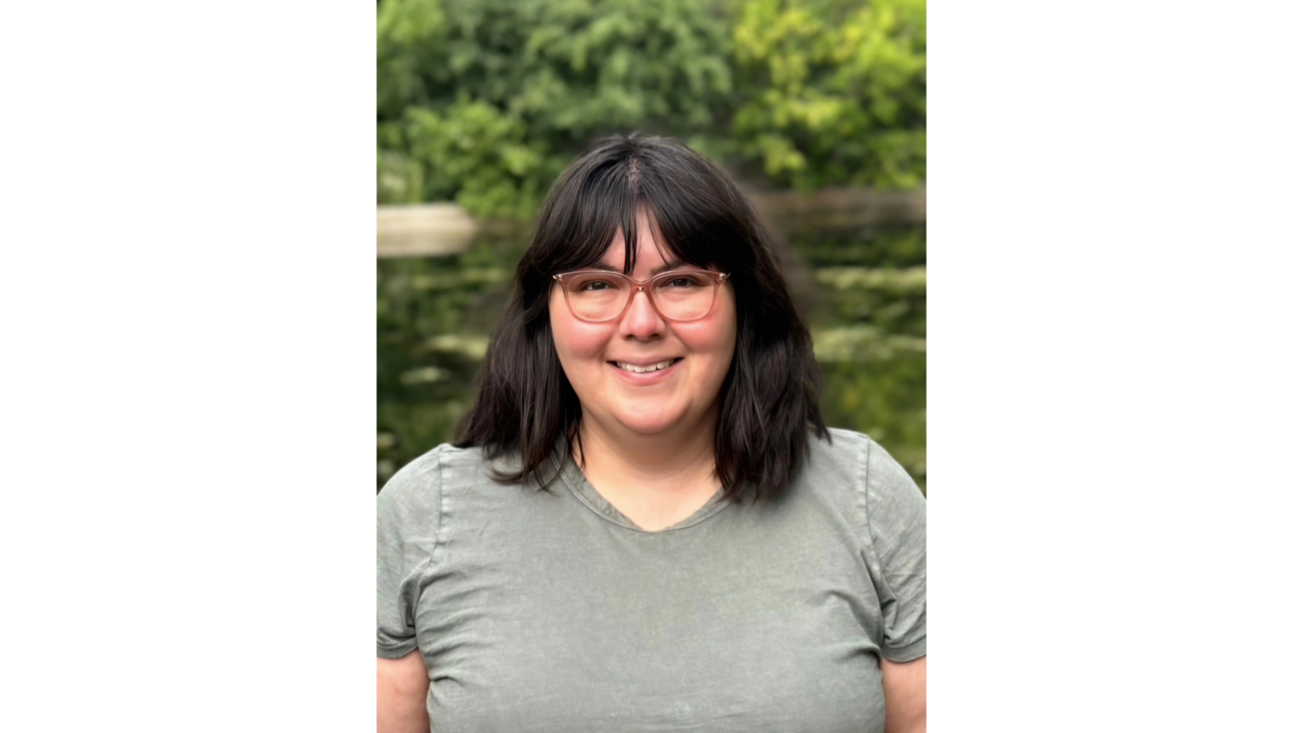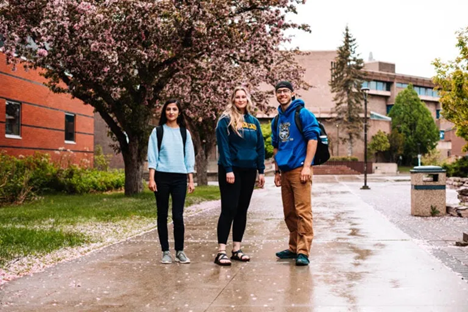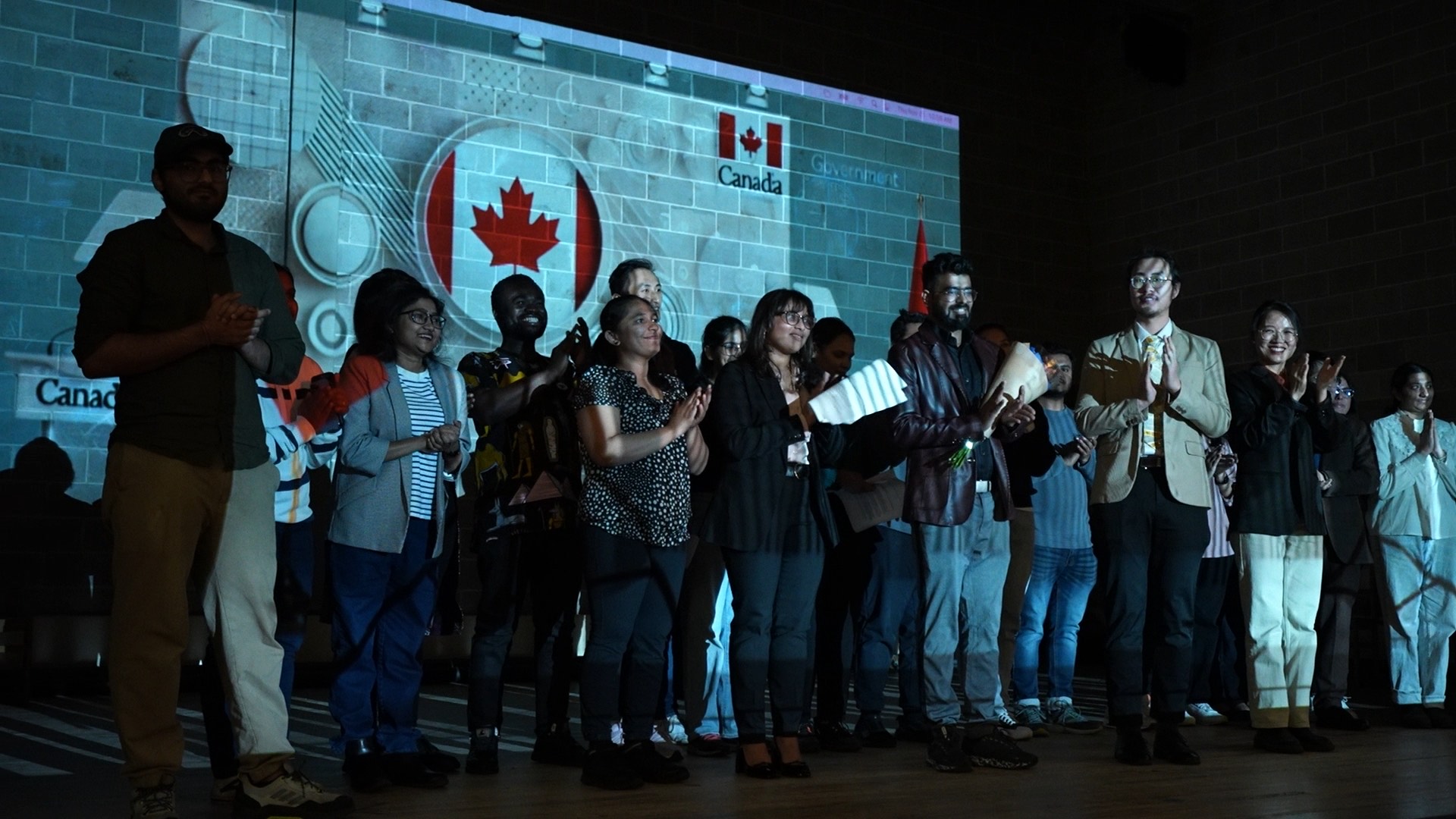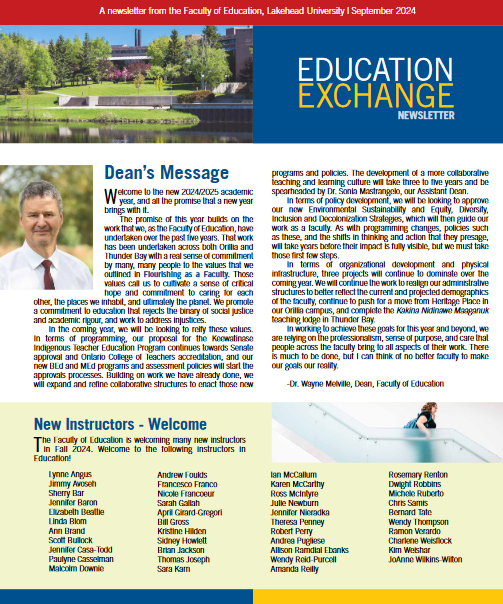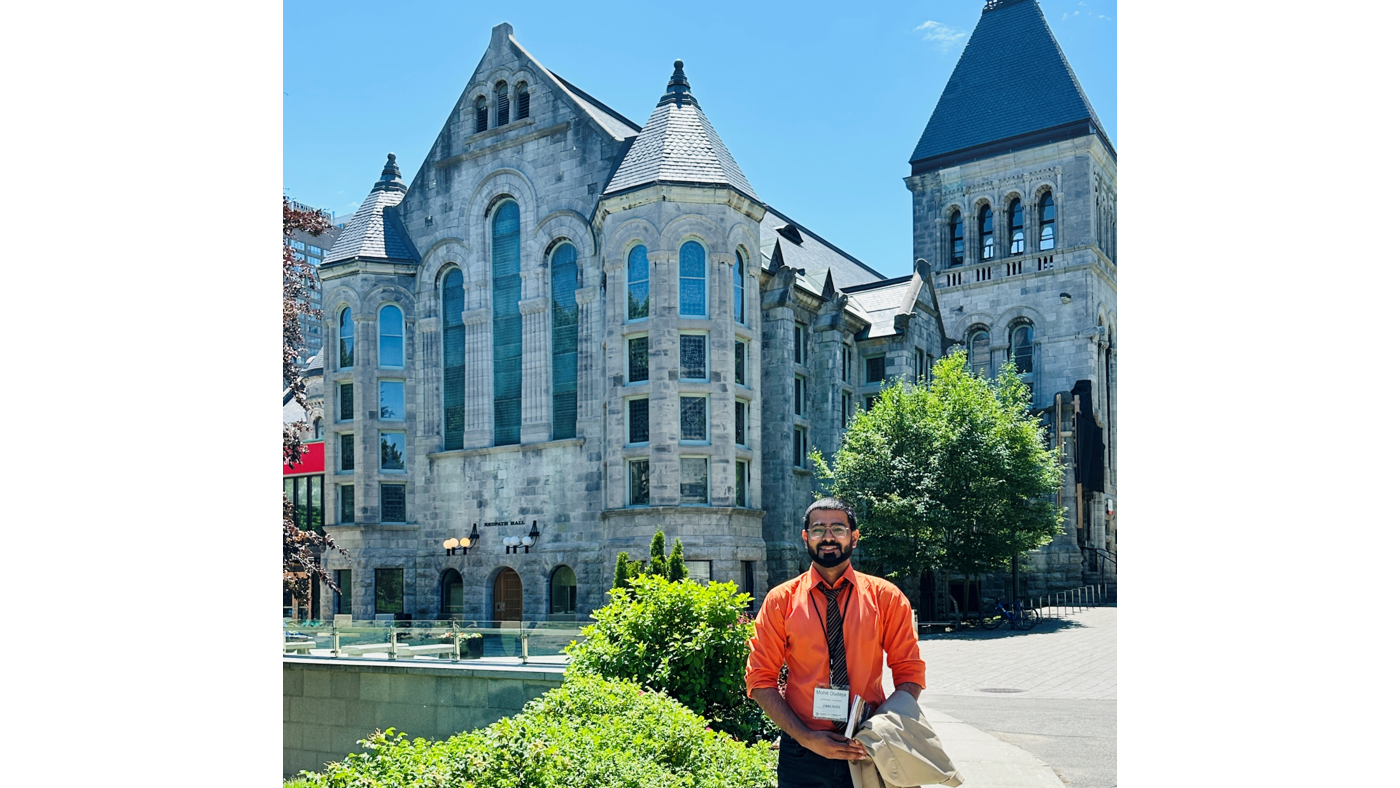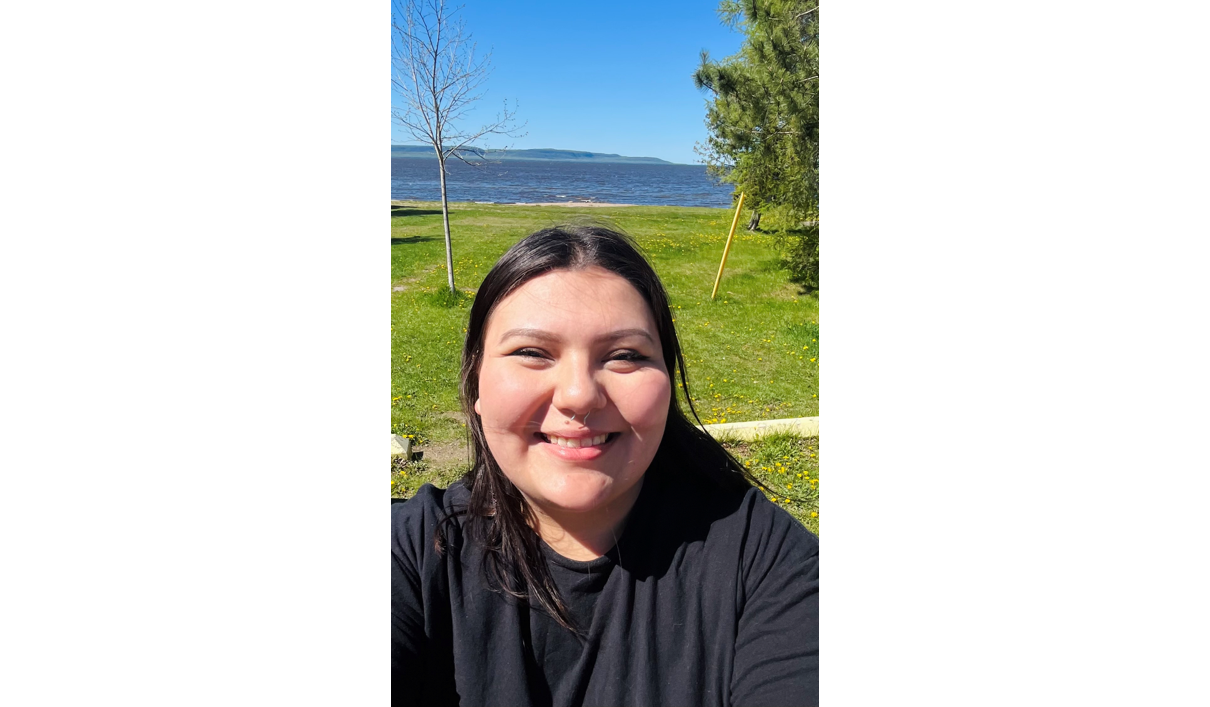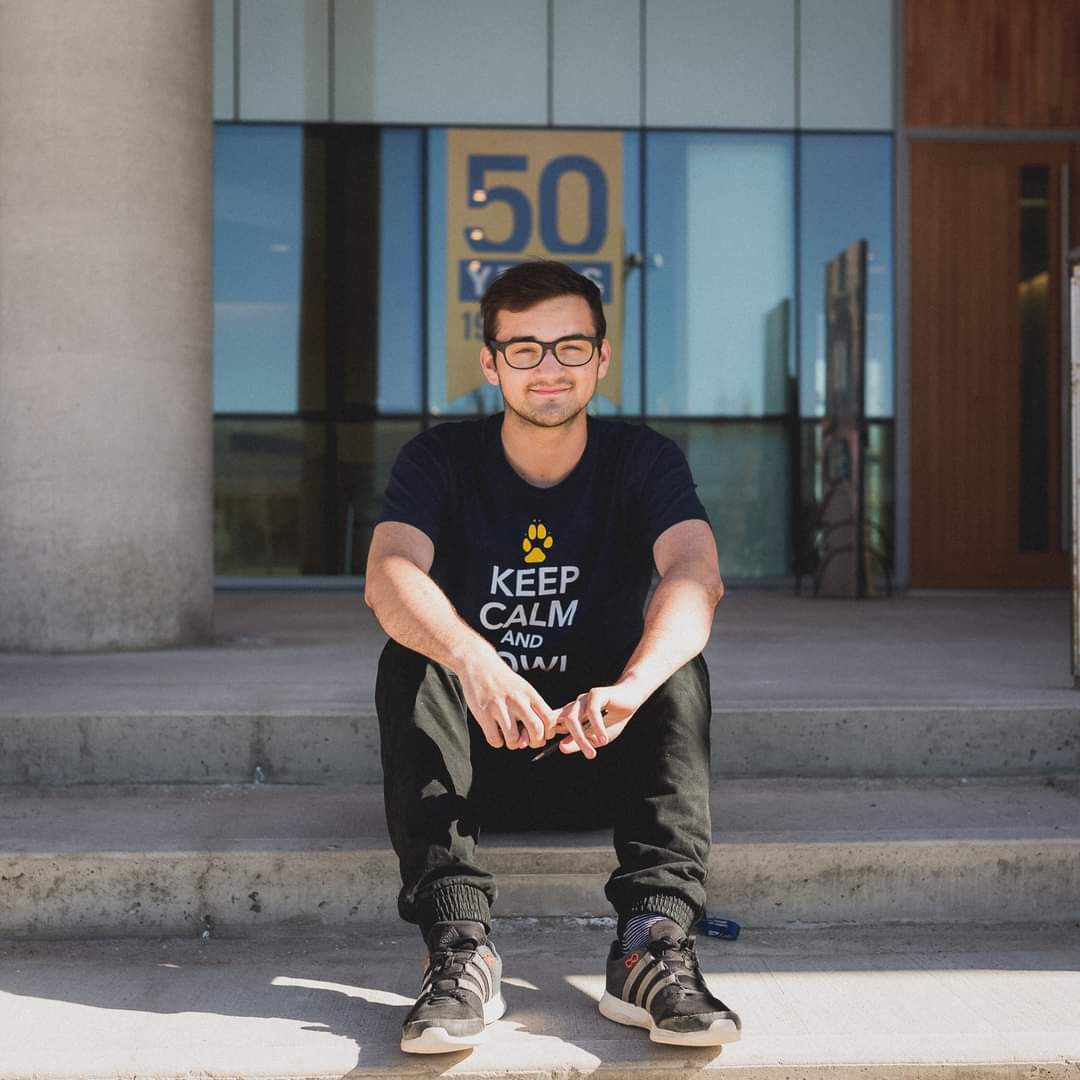Lakehead University Farm Lab Receives PromoScience Grant
Lakehead University’s Farm Lab team, consisting of educators and students from the Faculty of Education (Orillia), has recently been awarded a three-year, $79,800 PromoScience NSERC grant. This funding will enhance the on-campus micro-farm and support educational programming with local schools.
The Farm Lab team plays a key role in supporting K-12 education in Simcoe County. Last year, the team collaborated with 10 local schools and worked alongside the university’s Bachelor of Education program to integrate education with gardening.
Their success was highlighted in a recent article in Orillia Matters, which can be found here: Grant will help Lakehead's Farm Lab grow, get kids out of the classroom.
Pictured below, from left to right: members of the Farm Lab team: Chris Murray (Adjunct Faculty and Principal Investigator); Linda Grant (Contract Lecturer and Garden-Based Educator); Jacob Kearey-Moreland (Contract Lecturer, PhD student, Co-Investigator, and Farm Lab Coordinator); Lindsay Sargent (MEd student and Garden-Based Educator); and Ellen Field (Assistant Professor, Co-Investigator). Not pictured: Mellissa Spencer (BEd student and Orillia Site Coordinator, Let’s Talk Science).



